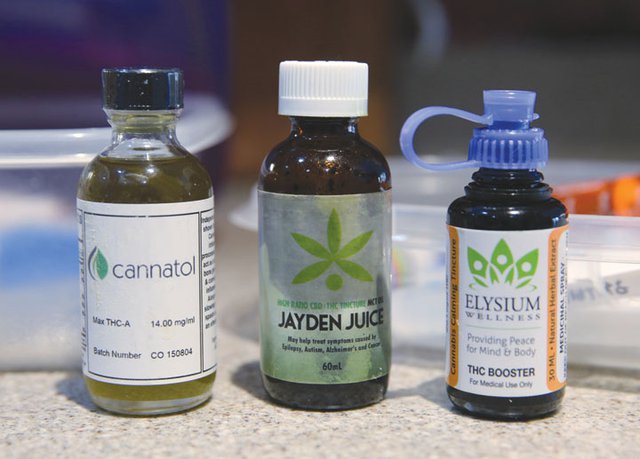Cannabidiol (CBD) is a truly fascinating natural chemical compound that is finally getting the attention (and more importantly, the scientific credit) it deserves. CBD is non-psychoactive, making it legal in many countries, and increasingly popular due to its lack of side effects.
CBD is found naturally in hemp and has a number of effects on the whole body – manipulating our natural endocannabinoid system.
So let’s take a look at some of the benefits of regular consumption of this supplement.
Analgesic effect
CBD is believed to be able to reduce the perception of certain types of pain, such as neuropathic pain. Compared to other methods of relief, many sufferers have had success with CBD without suffering side effects such as potential opioid addiction or liver damage from acetaminophen. Cannabinoids are being studied for their anti-inflammatory effects, and science is analyzing receptors in the nervous system to better understand how they work in relation to pain. It is still early to be sure, but it could be beneficial.
Heart health
A study published in the British Journal of Clinical Pharmacology states that “CBD has a direct effect on isolated arteries, causing both acute and temporary vasorelaxation …. A very common occurrence in these studies is the anti-inflammatory and antioxidant effect of CBD.” CBD is also said to play an important role in blood health, assisting white blood cells, platelet aggregation, and even the maintenance of a steady blood sugar level.
Supports the sleep-wake cycle
A study published in the National Center for Biotechnology Information found that animal subjects under analysis experienced less daytime sleepiness when medicated with CBD. While THC is associated with rapid sleep onset, CBD is known to help the user stay alert throughout the day, even after suffering sleep deprivation.
Reduces anxiety and stress
The American Psychological Association reports that “chronic stress is linked to the six leading causes of death: heart disease, cancer, lung problems, accidents, cirrhosis of the liver, and suicide.”

Cannabinoids have been used for centuries to reduce stress and increase relaxation, and at last, science is getting to a point where it can back up anecdotal evidence with preliminary human clinical trials. Another NCBI study shows that CBD reacts with the endocannabinoid receptors 5HT1A and TRPV1 (not just CB1 and CB2, like other cannabinoids). These receptors are involved in the regulation of pain, anxiety, fear, and stress responses. CBD has also recently been found to help sufferers of post-traumatic stress disorder for similar reasons.
Skin health
CBD has been shown to reduce lipid production in skin cells, thus decreasing oil production. So it could be a way to control skin conditions such as acne. At the same time, this substance increases sebum production, preventing the skin from drying out. CBD is also an antioxidant that protects skin cells from free radicals and environmental stress. A study in which mice were bred without CBD receptors found that these animals aged faster and lost skin elasticity.
There you have it! CBD is an easily obtainable dietary supplement that seems to have a lot to offer. It should be mentioned that these findings ARE initial and that CBD should not replace any prescribed treatment, but the benefits that its daily consumption can offer would make many people’s lives much easier.
For more great tips about 10% CBD Oils UK: 7 Best Brands Reviewed 2022, check out their page for more info.
